Search Results
Showing results 61 to 71 of 71
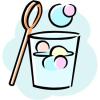
Why Are Bubbles So Colorful?
Source Institutions
In this activity, learners explore why they can see colors in bubbles and why they change.
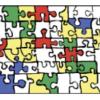
Finding a Gene on the Chromosome Map
Source Institutions
In this activity, learners use pedigree and jigsaw puzzles to explore how scientists use genetic information from a family to identify a gene associated with a genetic disorder.

Dr. Vet: Noses, Ears, Legs and Eyes
Source Institutions
In this activity, learners practice counting and multiplication as they figure out how many animal body parts they have to examine as "Dr. Vet."
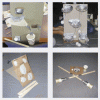
Get-Moving Game
Source Institutions
In this invention challenge activity, learners create an indoor game for one or two people that gets you moving.
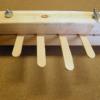
Thumb Piano
Source Institutions
In this activity, learners explore sound by constructing a simple piano out of wood and craft sticks.
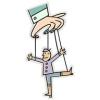
Jumpy Dolls
Source Institutions
In this activity, learners are challenged to design and construct a jointed figure that moves in a motion (something like jumping jacks) when a string is pulled.
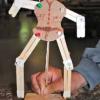
Lever Cowboy
Source Institutions
In this activity, learners build a figure that moves and "comes to life" when they pull its string.
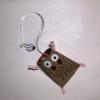
Toad Toy
Source Institutions
In this activity, the learner will explore hand eye coordination while using a variation of the ball and cup game.
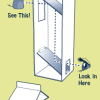
Eye Spy
Source Institutions
This fun activity uses simple materials such as milk cartons and mirrors to introduce the ideas of optics and visual perception.
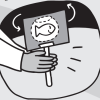
Thaumatrope
Source Institutions
In this activity, learners make an optical illusion toy from the 1800s to explore persistence of vision.
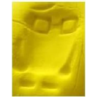
3D-tection: Trying to Fit In
Source Institutions
In this activity, learners explore how molecules must fit together, like a lock and key, in order to identify each other and initiate a new function as a combined unit.
